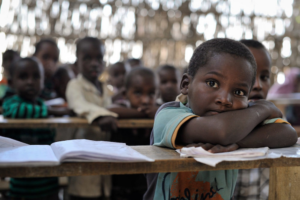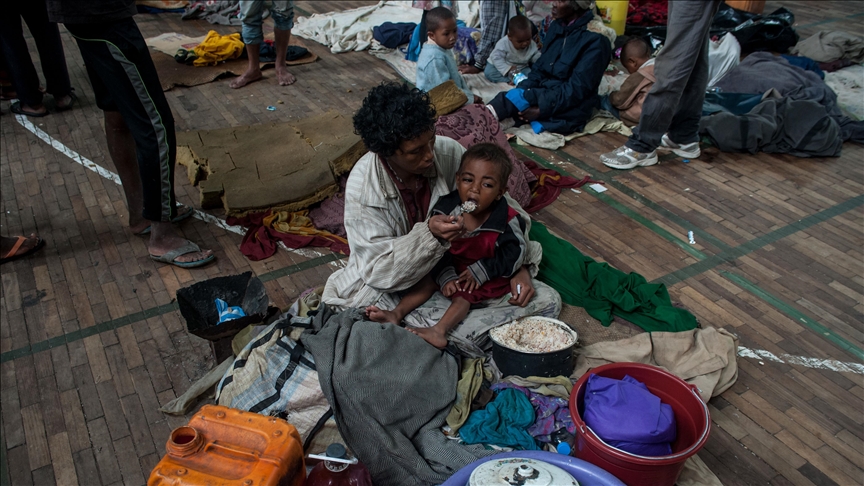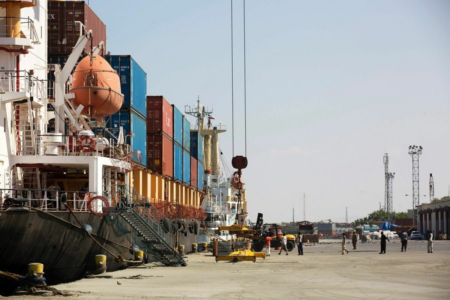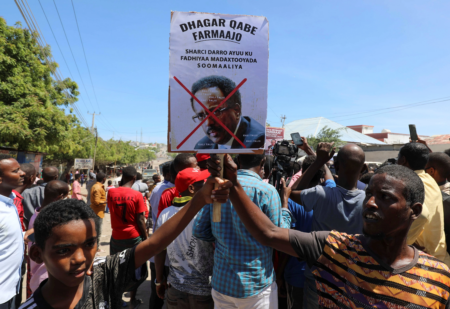Nearly 4.6 million Somalis are projected to face food insecurity between April and June 2025 due to declining humanitarian aid, conflict, and extreme climate conditions. The crisis threatens vulnerable communities, increasing malnutrition and displacement risks. Urgent intervention is needed to prevent further deterioration.
Rising Hunger Crisis in Somalia
According to the Integrated Food Security Phase Classification (IPC), nearly 4.6 million Somalis are expected to face acute hunger between April and June 2025. This marks a significant rise compared to previous assessments, driven by prolonged drought, economic instability, and conflict. Malnutrition rates among children remain alarmingly high, with thousands at risk of severe health complications. The deteriorating situation has led to increased displacement as families move in search of food and aid. Food Insecurity remains a critical challenge, demanding urgent national and international intervention.
Impact of Climate Change on Agriculture
Somalia’s agricultural sector, which supports the livelihoods of over 60% of the population, continues to suffer from erratic weather patterns. The country has experienced below-average rainfall for multiple consecutive seasons, leading to reduced crop yields and widespread livestock losses. Rising temperatures and desertification have further depleted water sources, making farming increasingly unsustainable. As a result, food production has sharply declined, forcing greater reliance on imports. The growing climate crisis is exacerbating hunger levels across the nation.
Humanitarian Aid and Funding Challenges
International humanitarian assistance has played a vital role in mitigating hunger, but recent funding shortfalls have limited aid distribution. The UN and other relief agencies report that Somalia’s emergency food assistance programs are facing severe budget constraints, threatening to cut support to millions in need. In 2024, less than 50% of the required funding for food aid was secured, leaving many vulnerable communities without access to essential supplies. The reduction in aid has led to increased starvation risks in rural and conflict-affected areas.
Urgent Response Needed to Address Food Insecurity
The worsening hunger crisis calls for immediate government and international action to prevent large-scale famine. Experts recommend scaling up food relief programs, enhancing climate adaptation strategies, and strengthening local food production systems. Without urgent intervention, the situation could lead to severe humanitarian consequences, including mass displacement and loss of life. Addressing Food Insecurity in Somalia requires a multi-faceted approach, combining emergency aid with long-term sustainability measures.








